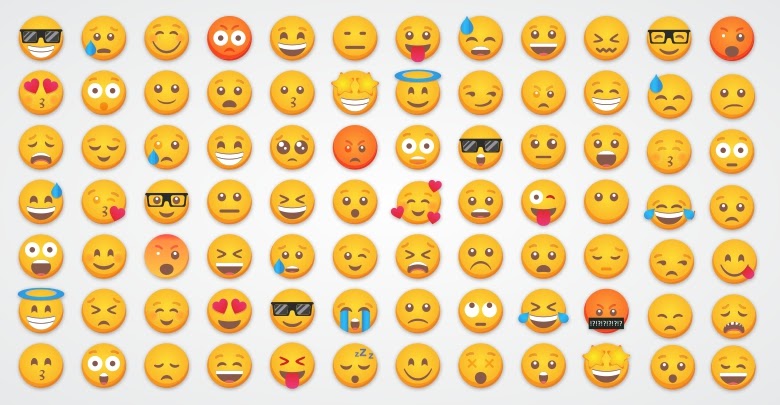Supporting learners in developing critical thinking
Supporting learners in developing critical thinking
-
Cohesion is the degree to which group members come together as one unit to reach a common goal. Members of cohesive groups see themselves as one entity rather than a collection of individuals. Group members have positive regard for one another and get along well. They listen to and trust one another and respect each other’s opinion even if they…
Read More » -
In this video, Yuval Noah Harari spoke with 350 young people in South London together with the comedian and presenter Russell Brand. In this first-ever Penguin Talk, Harari shared his thoughts on the future of humanity in an honest conversation with Brand and the young audience about the challenges facing the next generation (and how they might be overcome). He…
Read More » -
We all have our own story. Everyone has gone through a unique set of experiences and the impact that those experiences had on one’s perceptions, values and beliefs is different and very personal. A biography is a description of one’s life. An emotional biography means that you need to look at your life from an emotional point of view. With…
Read More » -
What is a paradigm? The word “paradigm” comes from the Greek word paradeigma, commonly used to mean a perception, assumption, theory, frame of reference or lens through which one is viewing the world. In the more general sense, it’s the way we “see” the world – not in terms of our visual sight, but in terms of perceiving, understanding, and…
Read More » -
Roger Hart defines participation as “the process of sharing decisions which affect one’s life and the community in which one lives”. Nowadays, young people are more encouraged to participate in different actions and activities in society than in the past years. On the European level, there is a constant growth of the inclusion of young people in decision-making processes mostly…
Read More » -
What Is Culture? Culture is the totality of values, beliefs, and behaviors common to a large group of people. A culture may include shared language and folklore, communication styles and ideas, and thinking patterns—the “truths” accepted by members of the group. Members of culture have similar expectations of life. The term “culture” derives from the Latin word “cultura” which means…
Read More » -
Emotional intelligence (EI) refers to the ability to perceive, control, and evaluate emotions. Some researchers suggest that emotional intelligence can be learned and strengthened, while others claim it’s an inborn characteristic. Description: The Emergence of Emotional Intelligence: It was not until 1985, when in a doctoral dissertation by Wayne Payne that the term, “emotional intelligence” was first used. In 1987,…
Read More » -
Description: 1. Introduction Take 5 pieces of paper. If done in a group, each of the participants should have 5 pieces of paper. On a separate piece of paper, you need to write your name, hobby, role in the family, religion, and professional occupation. Name it can be your full name, only your first name, or what people call you.…
Read More » -
A skill that every trainer should possess, especially those leading significant change, is the ability to engage others in dialogue. The trainer who can create a safe space in which open, and honest communication is practiced, ultimately creates a cohesive group of increased trust, understanding, and shared meaning. An effective dialogue can be a pool of emotions, which can collectively…
Read More » -
Description: The Whole Person Paradigm tool (linked) identifies the four elements of human nature (body, mind, heart, and spirit). Corresponding to those four elements are four capacities or intelligence that every human being possesses: physical (PQ), mental (IQ), emotional (EQ), and spiritual (SQ) intelligence. Mental Intelligence (IQ) – When we speak of intelligence, we usually think in terms of mental…
Read More »









